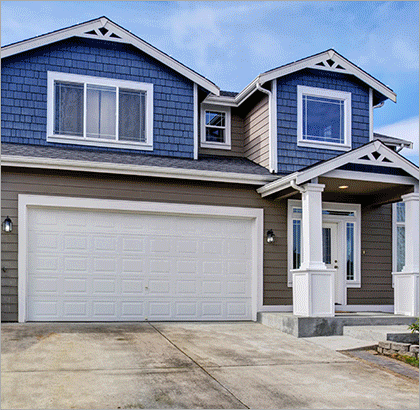Is your house ready for an earthquake?
A house isn’t just a place where you reside, it's your home. Identify possible risks to your house in the next damaging earthquake, and learn about the measures you can take to protect against those risks.
Understand the structural risks your house could face during an earthquake.
Knowing how earthquakes cause structural damage—why it happens and how you can protect against it—can help you minimize earthquake damage to your house. Browse CEA's structural risk pages to educate yourself on foundation anchors, cripple-wall bracing, and more.

Does Your House Need a Seismic Retrofit?
If you own an older house (built before 2000), consider a seismic retrofit to strengthen it and make it more resistant to earthquake damage. You may be eligible for potentially thousands of dollars of grant funding to help pay for your retrofit.
